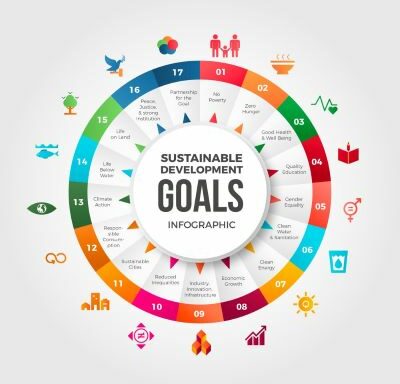Het vroegtijdig voldoen aan CSRD-normen is niet alleen een verplichting, maar biedt ook kansen voor groei, verbeterde prestaties en waardecreatie op zowel financieel als maatschappelijk gebied. Het kan organisaties helpen om beter voorbereid te zijn op de toenemende aandacht voor duurzaamheid in…
Lees verder

